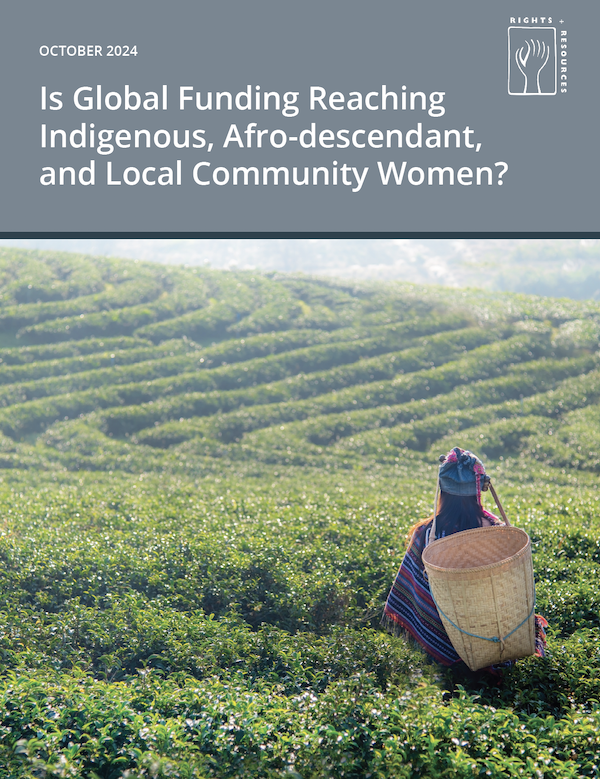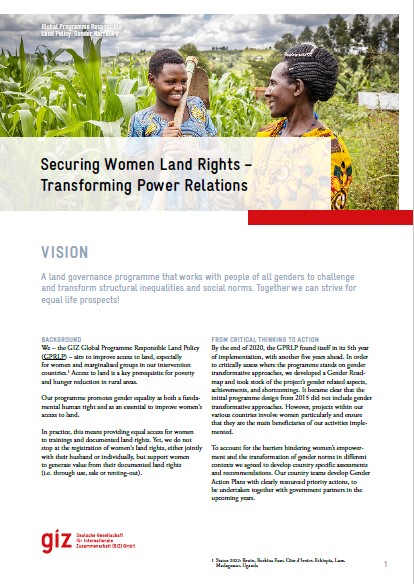Is Global Funding Reaching Indigenous, Afro-descendant, and Local Community Women?
In response to the dearth of data on funding for women and the need to support international advocacy promoting direct funding to IP, ADP, and LC women’s groups and organizations, the Rights and Resources Initiative (RRI) initiated a bottom-up research effort to build a baseline for measuring funding levels reaching community women on the ground and assess the extent to which existing grants an



